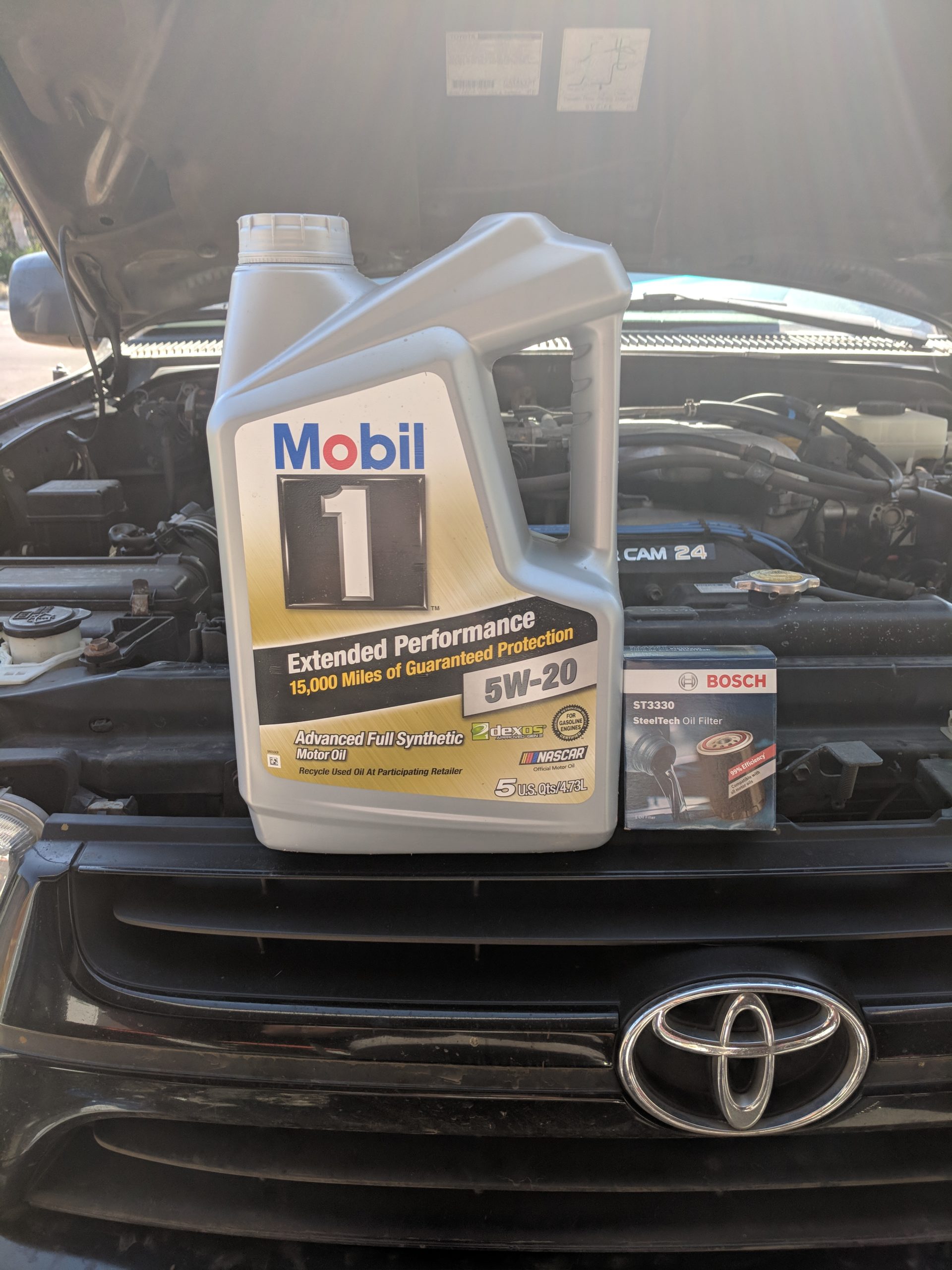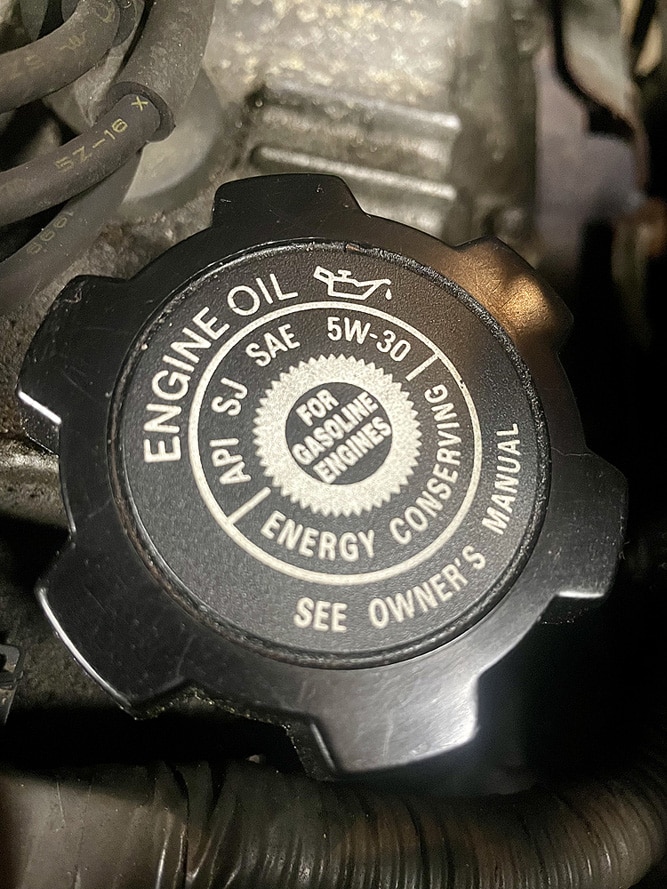The Vital Role Of Engine Oil In The 2025 Toyota 4Runner: A Comprehensive Guide
The Vital Role of Engine Oil in the 2025 Toyota 4Runner: A Comprehensive Guide
Related Articles: The Vital Role of Engine Oil in the 2025 Toyota 4Runner: A Comprehensive Guide
Introduction
In this auspicious occasion, we are delighted to delve into the intriguing topic related to The Vital Role of Engine Oil in the 2025 Toyota 4Runner: A Comprehensive Guide. Let’s weave interesting information and offer fresh perspectives to the readers.
Table of Content
The Vital Role of Engine Oil in the 2025 Toyota 4Runner: A Comprehensive Guide

The 2025 Toyota 4Runner, renowned for its rugged off-road capabilities and enduring reliability, demands meticulous care to maintain its peak performance. One crucial aspect of this care is the selection and maintenance of the correct engine oil. Engine oil is not simply a lubricant; it acts as a lifeblood for the heart of your 4Runner, ensuring smooth operation and longevity.
Understanding the Importance of Engine Oil
Engine oil serves several critical functions within the 2025 4Runner:
- Lubrication: The primary role of engine oil is to reduce friction between moving parts, such as pistons, connecting rods, and camshafts. This friction reduction minimizes wear and tear, extending the life of the engine.
- Cooling: Engine oil absorbs heat generated during combustion, preventing excessive temperatures that could lead to engine damage.
- Cleaning: Engine oil suspends and carries away contaminants, such as dirt, debris, and combustion byproducts, keeping the engine clean and efficient.
- Protection: Engine oil forms a protective film on metal surfaces, preventing corrosion and wear caused by moisture, acids, and other harmful elements.
Choosing the Right Engine Oil for Your 2025 4Runner
The 2025 4Runner’s engine requires specific properties in its oil to perform optimally. The Toyota Owner’s Manual provides detailed specifications for the recommended oil type, viscosity, and API (American Petroleum Institute) classification.
Viscosity: Viscosity refers to the oil’s thickness. Higher viscosity oils are thicker and provide better protection at high temperatures, while lower viscosity oils flow more easily at low temperatures, improving fuel efficiency. The 2025 4Runner’s engine may require a specific viscosity grade, typically denoted by a number like 0W-20, 5W-30, or 10W-40.
API Classification: API classifications denote the oil’s performance standards. The 2025 4Runner’s engine may require an API SN, SN Plus, or SP classification, indicating its suitability for modern gasoline engines.
Other Considerations:
- Synthetic vs. Conventional Oil: Synthetic oils offer superior performance and longevity compared to conventional oils, but they come at a higher cost.
- Engine Oil Additives: Some additives, such as friction modifiers and detergents, can enhance the performance of engine oil. However, consult your Owner’s Manual before adding any additives to your 4Runner’s engine.
Engine Oil Change Intervals
The 2025 4Runner’s Owner’s Manual will specify the recommended oil change intervals, typically measured in miles or kilometers. However, factors such as driving conditions, climate, and engine load can affect the actual oil change interval. It is crucial to adhere to the recommended intervals to ensure optimal engine performance.
Signs of Engine Oil Problems
Several signs indicate potential engine oil problems:
- Low Oil Level: Regularly check the dipstick to ensure the oil level is within the recommended range.
- Oil Leaks: Look for signs of oil leaks under the vehicle or on the engine.
- Engine Noise: Unusual noises, such as knocking, rattling, or ticking, could indicate oil starvation or engine damage.
- Smoke from Exhaust: Blue smoke from the exhaust indicates engine oil burning, which could be a sign of worn piston rings or valve seals.
Tips for Maintaining Engine Oil
- Regular Oil Changes: Adhere to the recommended oil change intervals and use the correct type and viscosity of oil.
- Oil Filter Replacement: Replace the oil filter during each oil change.
- Check Oil Level: Regularly check the oil level using the dipstick.
- Inspect for Leaks: Regularly inspect the engine for signs of oil leaks.
- Avoid Overfilling: Overfilling the engine with oil can lead to problems.
- Use High-Quality Oil: Use high-quality engine oil from reputable brands.
- Warm Up Engine: Allow the engine to warm up before driving, especially in cold weather.
FAQs about Engine Oil in the 2025 Toyota 4Runner
Q: What type of engine oil does the 2025 4Runner require?
A: The specific engine oil requirements for the 2025 4Runner are outlined in the Owner’s Manual. Refer to the manual for details on viscosity, API classification, and other specifications.
Q: How often should I change the engine oil in my 2025 4Runner?
A: The recommended oil change interval is specified in the Owner’s Manual. However, factors such as driving conditions and climate can affect the actual interval.
Q: Can I use synthetic oil in my 2025 4Runner?
A: Synthetic oil can be used in the 2025 4Runner, and it offers superior performance and longevity compared to conventional oil. However, consult the Owner’s Manual for specific recommendations.
Q: What are the signs of low engine oil?
A: Signs of low engine oil include a low reading on the dipstick, oil leaks, engine noise, and smoke from the exhaust.
Q: What happens if I don’t change the engine oil regularly?
A: Neglecting oil changes can lead to engine damage, including increased wear and tear, overheating, and sludge buildup.
Conclusion
Maintaining the correct engine oil level and adhering to recommended oil change intervals are essential for the long-term health and performance of your 2025 Toyota 4Runner. By understanding the crucial role of engine oil and following these guidelines, you can ensure your 4Runner continues to perform at its best, providing years of reliable and enjoyable driving experiences.








Closure
Thus, we hope this article has provided valuable insights into The Vital Role of Engine Oil in the 2025 Toyota 4Runner: A Comprehensive Guide. We appreciate your attention to our article. See you in our next article!